I’ve been enjoying many things about Dragon Age: The Veilguard: the stylised visuals have grown on me, and I’m a fan of the class progression system, even if I feel the combat is a tad one-dimensional. However, as a long-time fan of the series, I have my gripes with some of the storytelling and writing in Veilguard, especially when it comes to how the game treats the lore the series has built up over the last 15 years.
There was a lot of discussion pre-release, especially given the tone of the reveal trailer, that The Veilguard was going to shift away from the series’ dark fantasy roots. Dragon Age has never been close to ‘grimdark’; there has always been levity and humour in the series. However, the series has always dared to tackle darker topics like prejudice, slavery and sexual violence, sometimes even focusing too heavily on the latter subject in the past.
Racial Tensions Have Disappeared
Unfortunately, BioWare’s newest game sands down some of these edges by willfully not engaging with certain topics. An immediately apparent example is that nobody treats Rook in a negative manner, even if their background lends itself to prejudice. An Elven Rook is rarely, if ever, treated with suspicion. Let’s not forget that the majority of slaves in Tevinter used to be Elven and the current crisis is caused by Elven gods, so you’d expect at least some anti-Elven sentiment among the Tevinter.
Speaking of which, despite centuries of conflict between the Imperium and the Qunari, nobody in Minrathous has any comment to make about a Rook that’s of Qunari origin? Likewise for Treviso, which is currently occupied by the Antaam. You’d think the Antivans might be a little sore about the whole thing. The closest thing to racism I’ve seen is that a Qunari in Dock Town says they wear a hood when they go to the market to hide their horns. I’m not saying the topic needs to be in your face all the time, but the complete disregard of these previously established subjects is a bit jarring. Racial tension has always been one of the central conflicts of Dragon Age, along with how society should deal with magical individuals.
The Dalish Elves are a mainstay of the series and given that the central conflict of The Veilguard concerns old Elven gods, a group of Dalish preservationists based in Arlathan Forest called the Veil Jumpers feature prominently. Except the attitudes of the Veil Jumpers are completely different to those of the Dalish we’ve encountered in the past. I’ll reiterate that yes, this is a different part of Thedas, but the series has presented no historical evidence to suggest that the Elves have been treated better in northern Thedas than in the south. In fact, slavery would suggest that Elves are treated worse up north which should have the Veil Jumpers even more on edge.
Why Does Rook Command More Authority Than Gods?
The Veil Jumpers are so non-suspicious of outsiders that it’s actually kind of off-putting. In Origins, the Dalish confront you with drawn bows and threats because of the violent history between the roaming Dalish and nearby human settlements. The Veil Jumpers have even more reason to be protective of their patch of land because of their access to ancient Elven artifacts which are sure to be coveted by those with malicious intentions. Yet, these Dalish are far less protective than you might expect, with nary a suspicious word to say to Rook or any of their companions. Once recruited, Bellara also doesn’t concern herself with her background as a Dalish Elf, even though you’d imagine the isolationist culture of the Dalish would have shaped her character significantly.
There’s also been a shift in the knowledge base of the Dalish that isn’t fully explained. Previously, they were Elves so desperate to cling to their traditions that they followed half-truths, supposed wisdom with forgotten origins. In Veilguard, the Veil Jumpers are immediately willing to side with Rook, who might not even be an Elf, over two of the gods their culture has been worshipping for generations.
A possible explanation for this is Solas’ return, considering he educated a lot of Elves on the true nature of their false gods, but this isn’t touched upon in-game. Veilguard has a persistent problem where sometimes characters don’t know something they definitely should, and sometimes knowledge they probably shouldn’t have is implied and is never brought up as a result.
It’s also quite strange that Ghilan’nain and Elgar’nan didn’t even attempt to win any Dalish over to their side, instead targeting two factions (the Qunari and the Venatori) whose interests really shouldn’t align with theirs.
Then there’s the fact that the Antivan Crow Lucanis is possessed by a demon named Spite despite his lack of magical ability, which was previously thought to be a prerequisite. Throughout Dragon Age, the idea of an abomination is something that immediately rings alarm bells for everyone, and though magic is less feared in northern Thedas, there is still a strange lack of care about this ostensibly very dangerous possession. Neve gives a half-hearted objection but doesn’t seem that bothered, even though, as a mage, she certainly knows the danger of the Fade and its demons.
There’s this sort of feeling you get while you play Veilguard that the lore has been smoothed out to facilitate the narrative. All of these past tensions and conflicts have been brushed aside to make interactions as painless and inoffensive as possible. Rook isn’t even an individual with any innate authority like the Inquisitor or Warden, yet they can immediately convince people to act without any prior trust being built up. At the very least, Hawke had to earn his reputation. It just feels like there was a lack of reverence for the existing material, and the world feels smaller as a result.
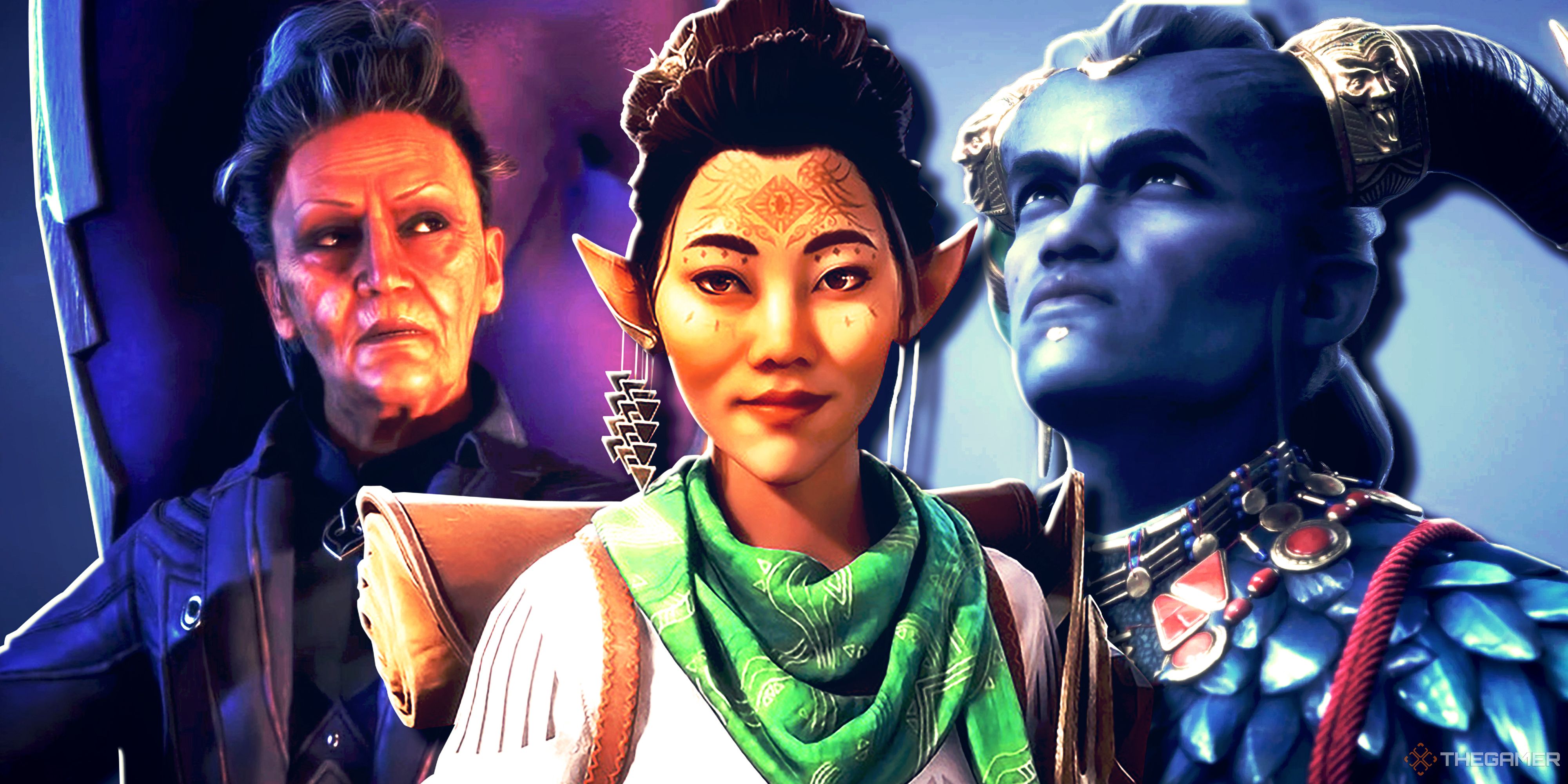
NEXT
Dragon Age: The Veilguard Has Discarded Nuance
Dragon Age: The Veilguard sidesteps uncomfortable topics, and removes moral greyness.
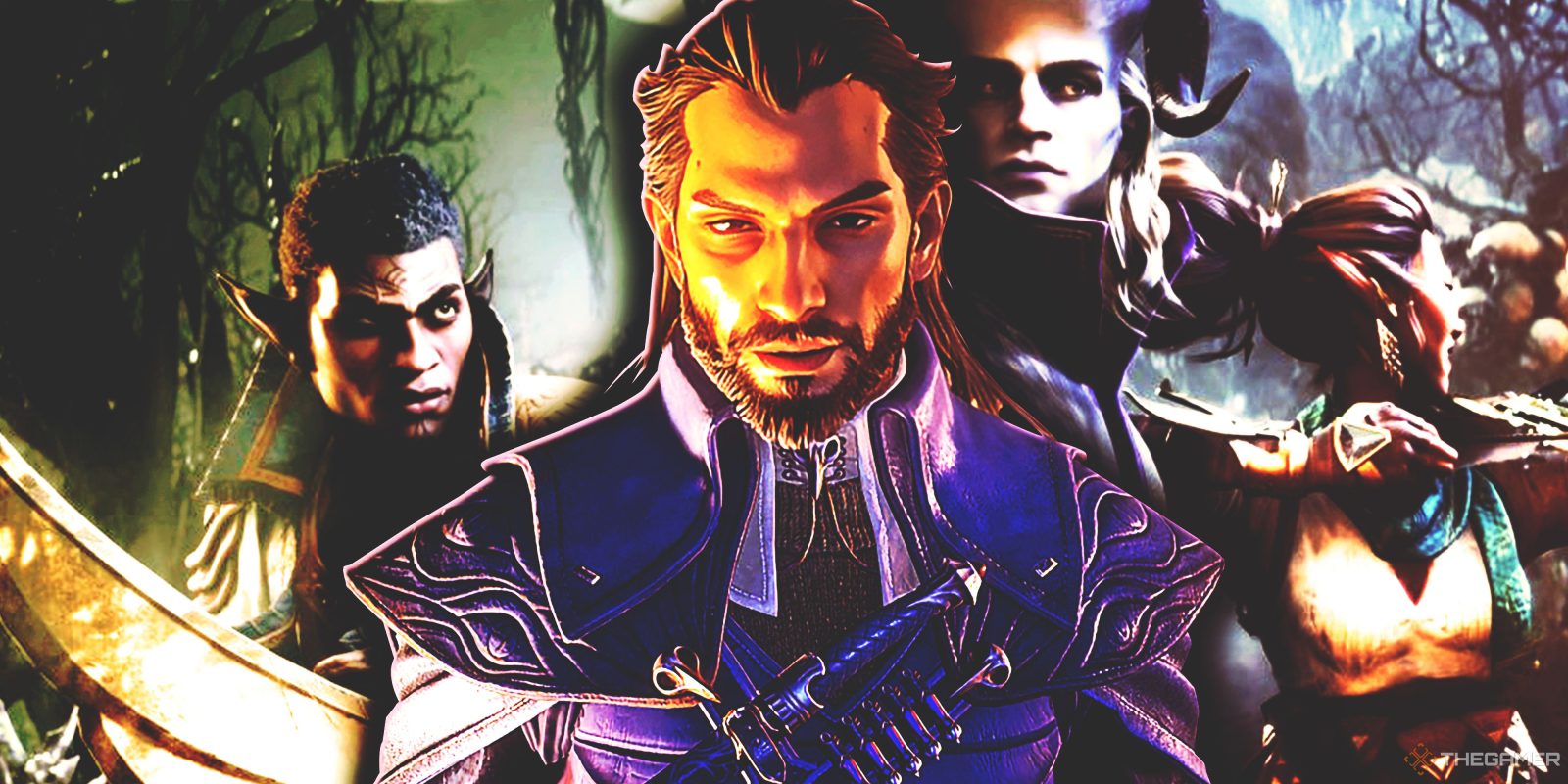
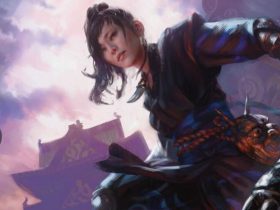
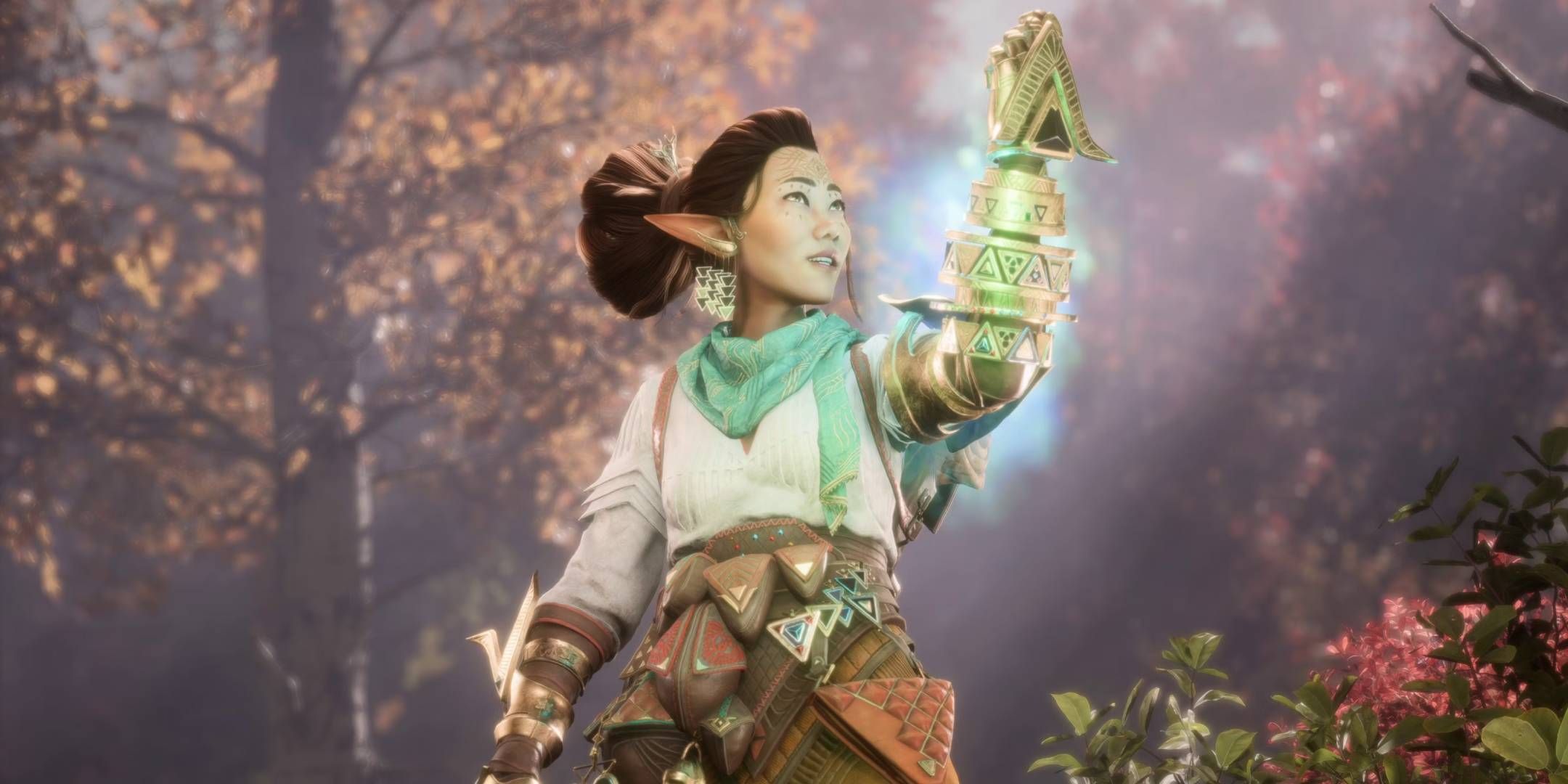
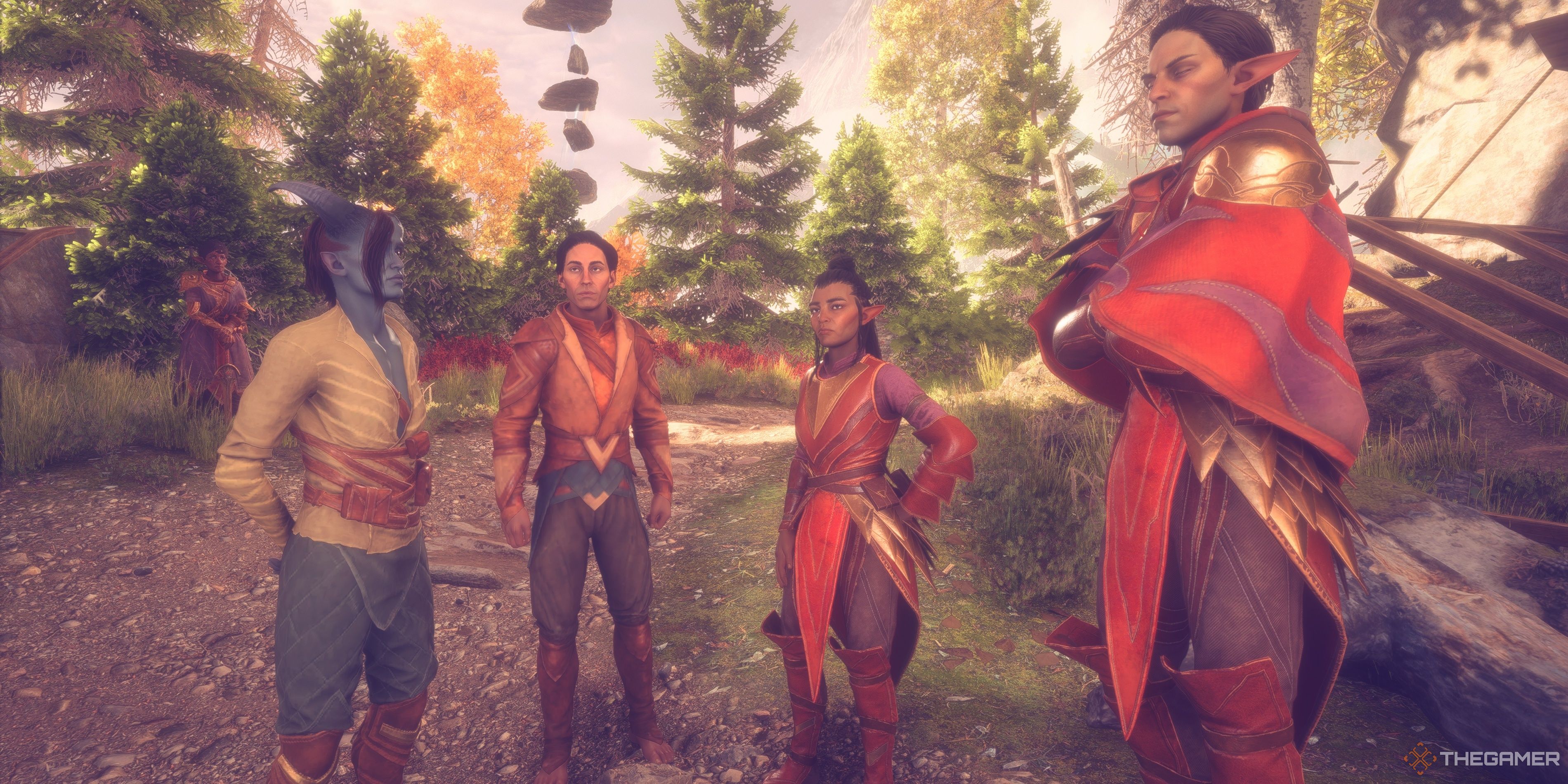
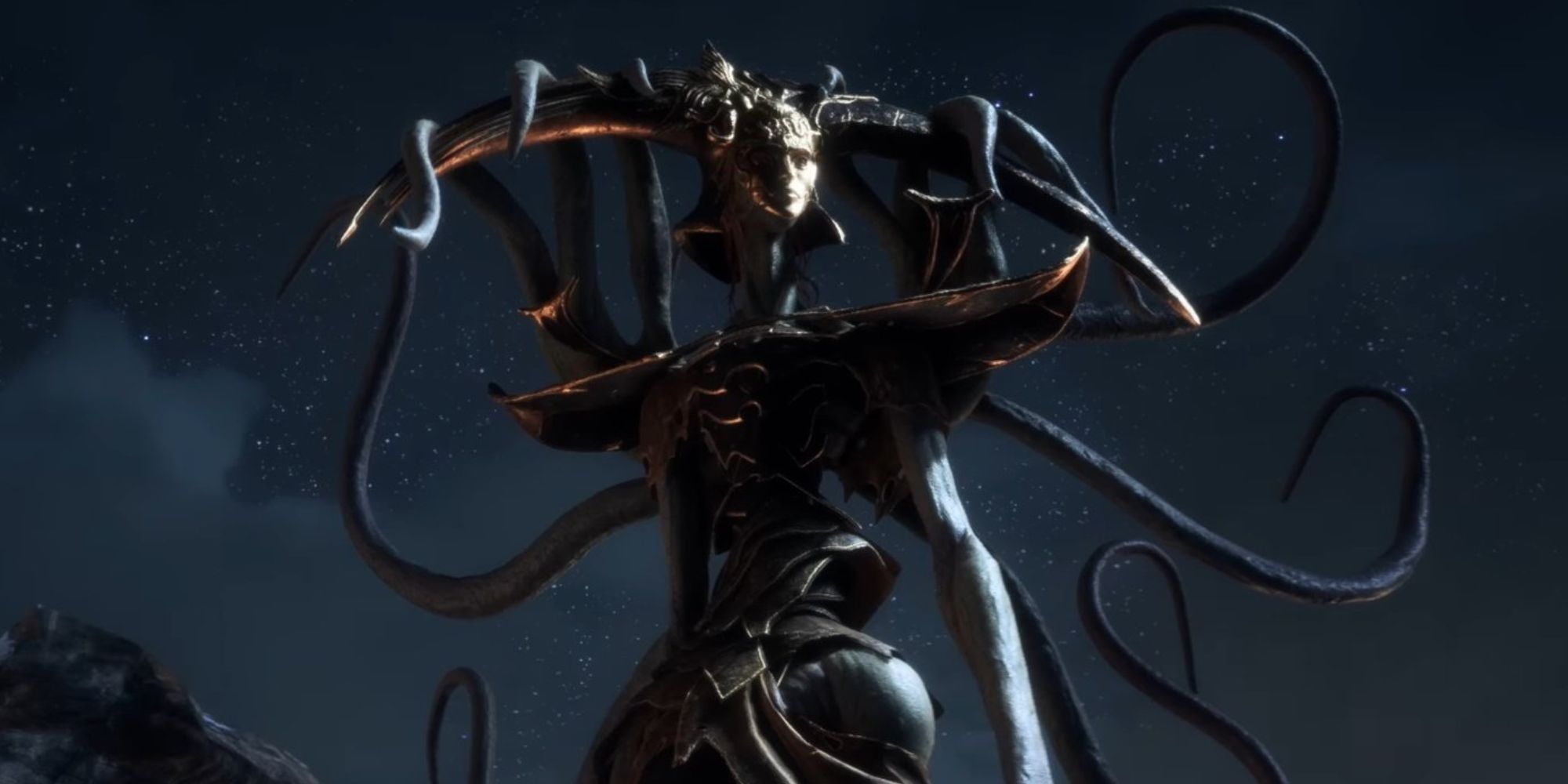
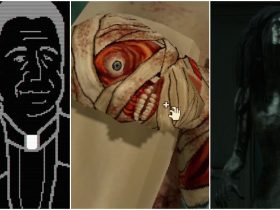
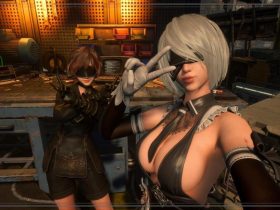

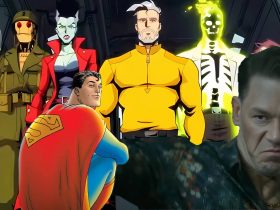


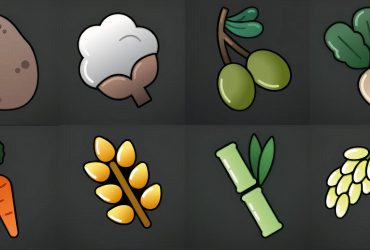

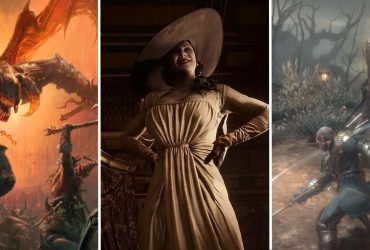

Leave a Reply